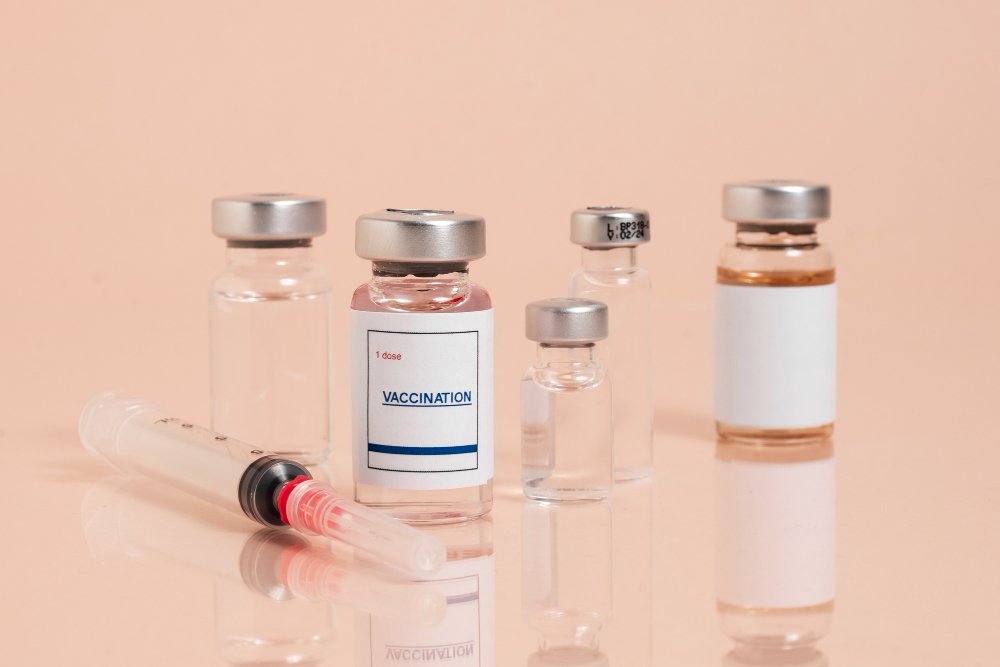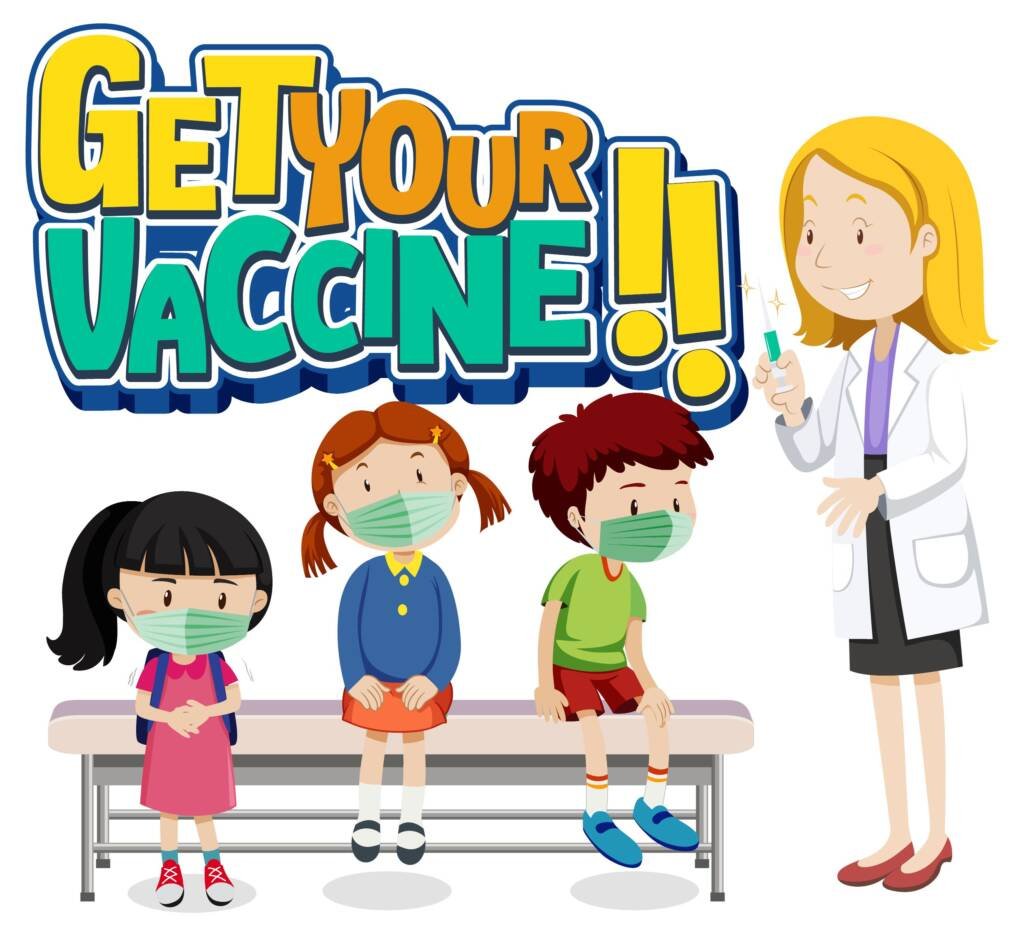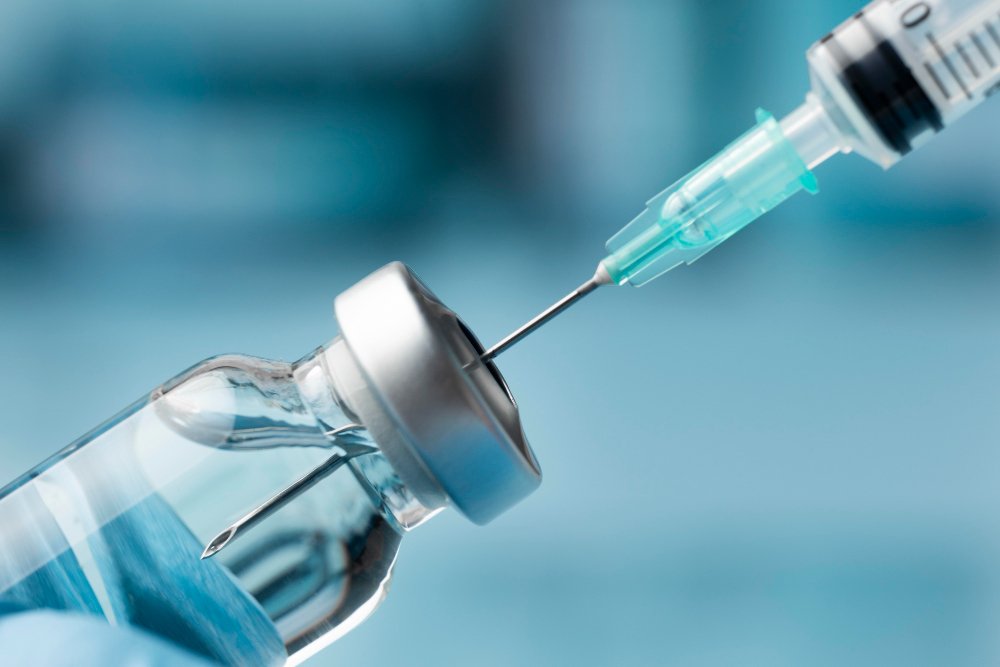

What are vaccines and why do I need to vaccinate my child?
Vaccines are considered to be an extremely valuable and cost-effective tool for public health as they help in preventing diseases. These complex biologic agents provide immunity against a specific disease without causing illness. Vaccines contain weakened disease-causing germs that are either killed, attenuated, or a part of the disease-causing germ. In addition to the antigen, vaccines also contain other components such as adjuvants, stabilizers, and additives that are added during the manufacturing process to increase the potency and stability of the vaccine.
Investing in vaccination is a wise decision compared to spending money on ready-made baby foods. If a child suffers from an infection, parents not only have to spend a considerable amount on treatment but also lose a significant number of school days, experience work absences, and face other social issues. Moreover, with the emergence of antimicrobial resistance and other causes, successful treatment of all infections cannot be guaranteed.
How do vaccines work?
Adolescents are a crucial and essential part of society and are expected to be the driving force behind future economic growth and innovation. With young people making up a significant proportion of the global population, it is crucial to address their physical and mental health needs. Adolescence is a complex and critical period of life that can be difficult to navigate. Young people face various challenges as they move towards independence, and it is essential not to dismiss their struggles as just a phase of teenage development. These changes may sometimes be a sign of more severe underlying issues that require attention and intervention.


When a disease-causing microbe enters our body, our immune system recognizes it as foreign and activates to fight against it by producing antibodies. This process helps us recover from the illness caused by the microbe. Upon recognizing the microbe, our immune system remembers it so that if the same microbe tries to invade our body again, our body can produce antibodies immediately to prevent us from getting sick. This is called immune memory.
Vaccines work by replacing the microbe with a vaccine, which helps our body produce immunity without causing illness. Vaccines train our immune system to recognize and remember the microbe so that if we are exposed to the actual microbe, our immune system can produce the necessary antibodies to protect us from getting sick. In comparison to the natural infection, vaccines are a safer and more effective way to build immunity against diseases.
What are the things which I need to remember before, during, and after a vaccination visit?
Here are some guidelines to follow when taking your child for vaccinations:
- Bring your child’s vaccination record with you to the appointment.
- Inform the doctor about any past problems your child has had after vaccination.
- Let the doctor know if your child has any allergies or any ongoing illnesses.
- Ask the doctor about any potential side effects or discomfort your child may experience after the vaccination.
- Use the appointment as an opportunity to voice any concerns you may have about your child’s nutrition or growth.
- Be prepared to wait for 30 minutes after the vaccination, as the doctor may want to observe your child for any immediate reactions.
- Try to make the appointment as comfortable as possible for your child and avoid using it as a time for discipline.
- Understand that local reactions such as redness, mild fever, and pain at the injection site may occur but are usually short-lived.
- You can continue to breastfeed or give complementary feeds after the vaccination.
- Contact your Pediatrician, Dr. Sushma, if your child has a high fever after vaccination, turns unresponsive or limp (although this is rare), continuously cries for more than three hours, or has convulsions.



